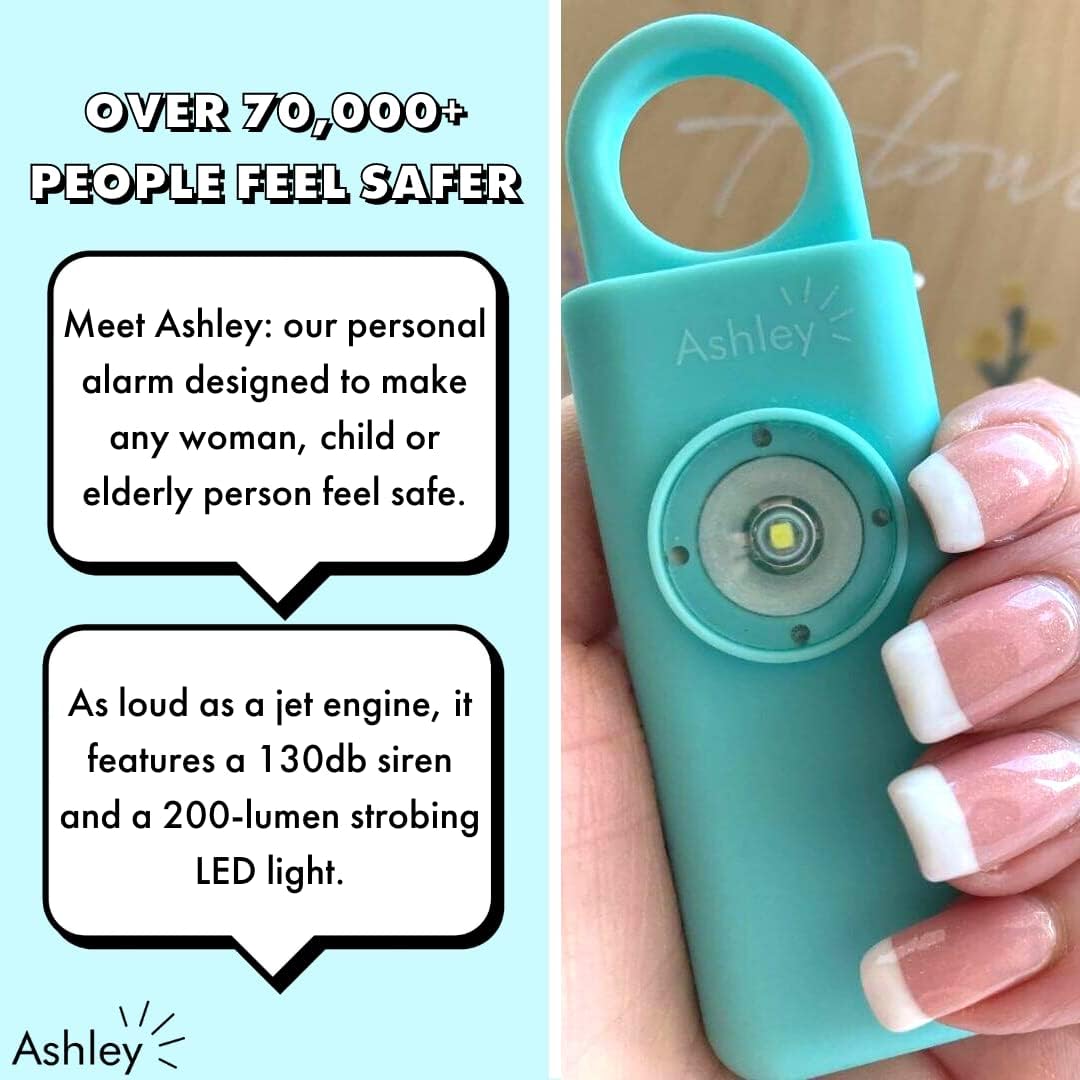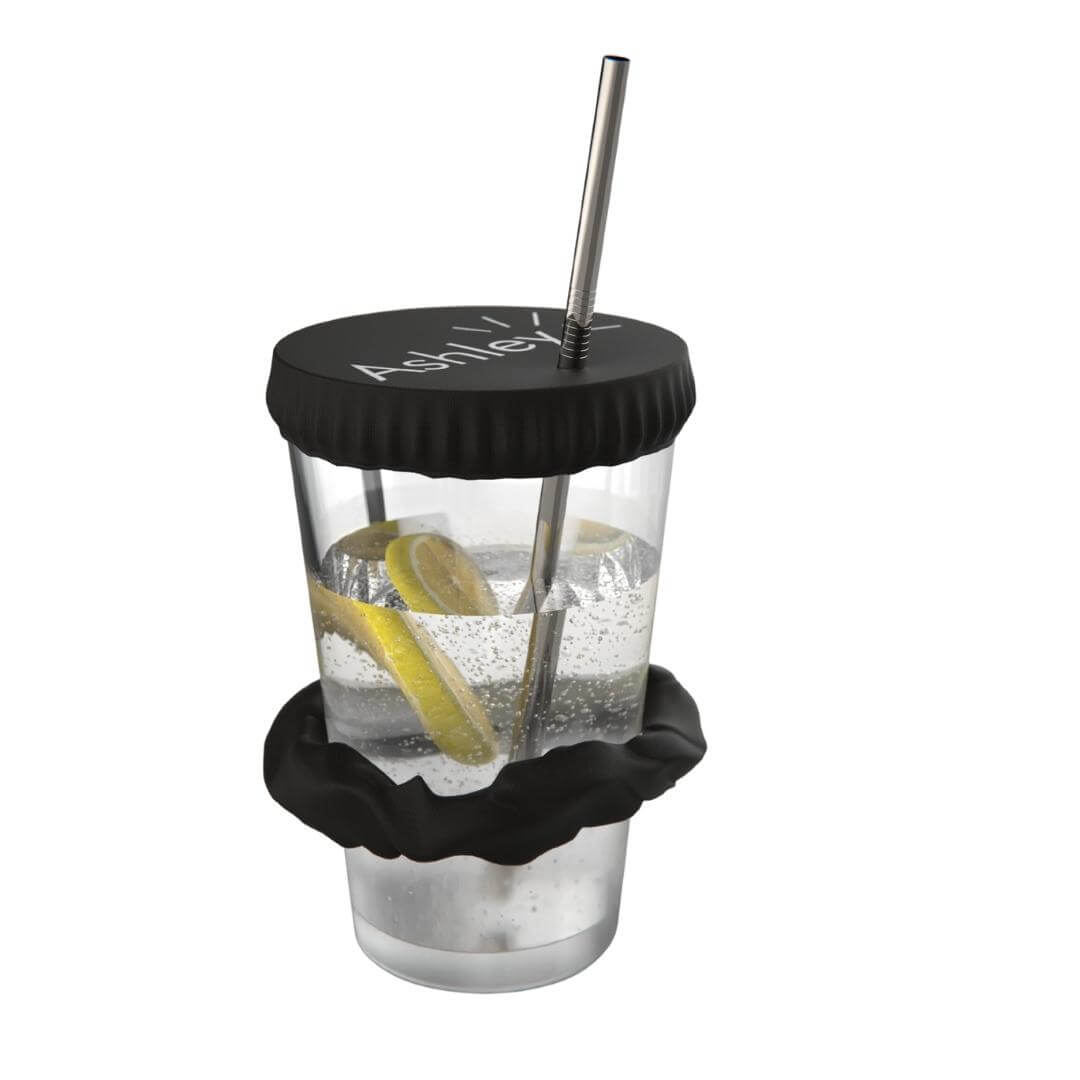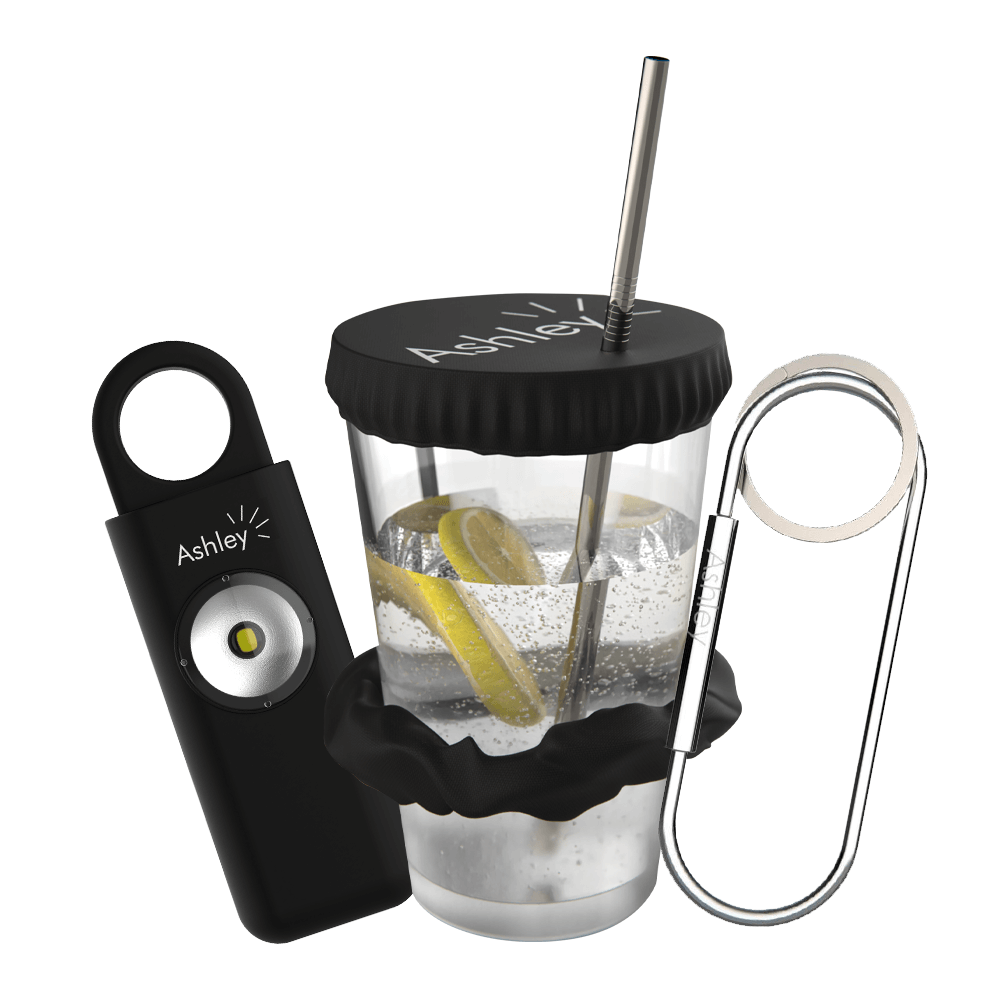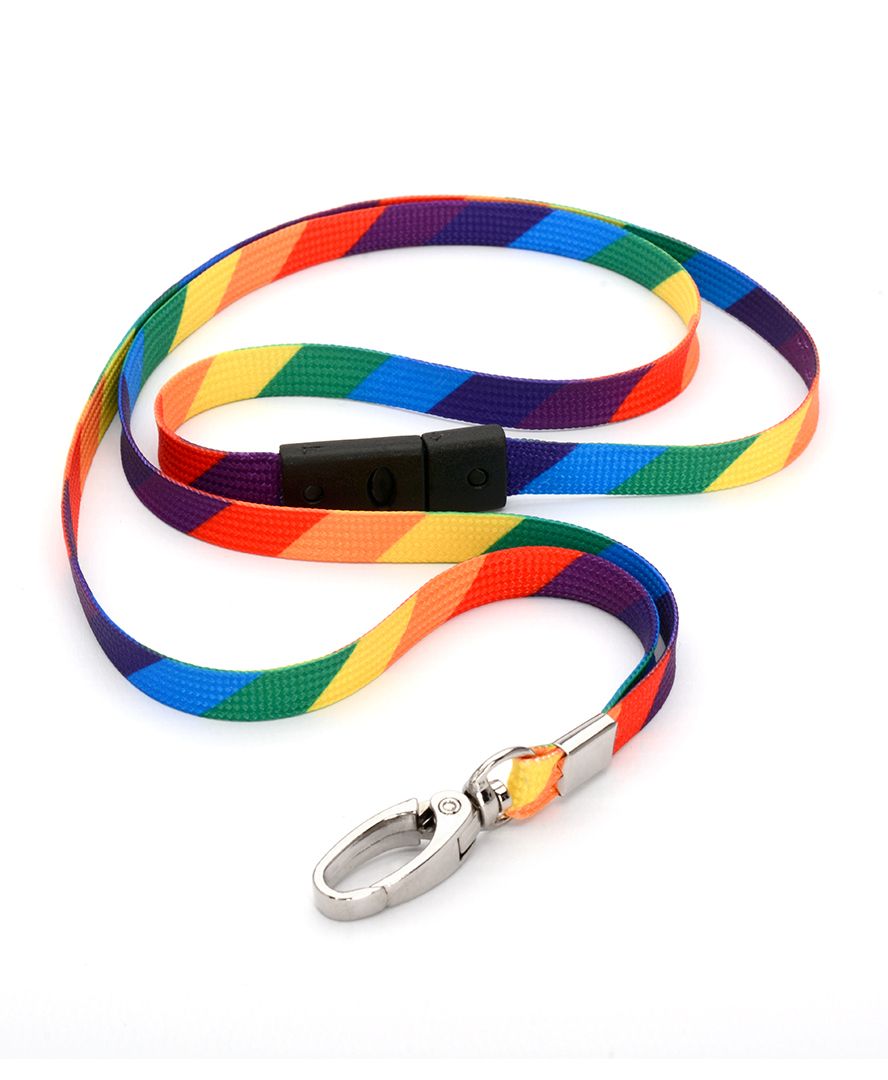Personal safety alarms have become increasingly popular in recent years, as more people seek ways to enhance their sense of security in an unpredictable world. These devices aim to deter attackers, put your mind at ease, and give you additional protection when you're out and about. In this article, we'll examine the evolution of personal safety alarms, the factors fueling their growing popularity, the challenges they face, and their future prospects in today's society.
Table of Contents
- Trends in Personal Safety Alarms
- Challenges and Controversies
- Future Prospects and Advancements
- When and How to Use Personal Safety Alarms
- Tips for Choosing the Right Personal Safety Alarm
- Frequently Asked Questions
Trends in Personal Safety Alarms
Connected Devices and Apps
One of the biggest trends in personal safety alarms is the integration of smart technology. Many alarms now have Bluetooth connectivity, enabling them to sync with your smartphone and allowing instant access to your location and contact list in case of an emergency. Some devices also feature GPS tracking, providing real-time location updates to chosen contacts or security services.
Compact and Stylish Designs
As demand for personal safety alarms has risen, manufacturers have begun to develop more attractive and discrete designs. These devices now come in various styles, such as keychains, wearable tech, and other accessories, making them easier to carry and more visually appealing.
Demographic Shift
Although personal safety alarms were once primarily marketed toward women, an increasing number of men, seniors, and even children are now purchasing these devices. This trend has resulted in a more diverse range of alarms designed to cater to different demographics and their specific needs.
Challenges and Controversies
Effectiveness and Reliability
One of the main concerns surrounding personal safety alarms is their effectiveness in deterring would-be attackers. Some critics argue that the loud noise produced by the alarms might not be enough to scare off an assailant and that individuals may be putting too much faith in these devices. Furthermore, the reliability of some alarms has been called into question, with users reporting false alarms or device malfunctions at critical moments.
Public Perception and Stigma
Another challenge faced by the personal safety alarm industry is the public perception of these devices. Many people still view carrying an alarm as a sign of paranoia or an admission of vulnerability, which can discourage potential users from purchasing and utilizing such products. Changing societal attitudes and increasing awareness about the benefits of personal safety alarms remain crucial for continued growth in this sector.
Future Prospects and Advancements
Technological Innovations
As technology continues to evolve, personal safety alarms will likely see even more advancements in the coming years. These innovations may include artificial intelligence that predicts potentially dangerous situations, biometric identification systems, and enhanced communication features for connecting with emergency services or loved ones.
Market Growth and Expansion
With the global personal safety alarms market predicted to grow substantially in the next few years, more research and development investments are expected. These investments may lead to new products entering the market, further catering to the diverse needs of different consumers. Additionally, as public awareness of personal safety issues increases, the demand for these devices will likely continue to rise.
When and How to Use Personal Safety Alarms
During Unexpected Situations
Personal safety alarms can prove invaluable when faced with unexpected or potentially dangerous situations. If you feel threatened, activating your alarm may be enough to deter an attacker or attract the attention of passers-by, increasing your chances of staying safe.
As a Deterrent
Activating a personal safety alarm can also work as a deterrent when walking in poorly lit areas or late at night. The loud noise and the flashing lights that some alarms feature can make you more visible to others and discourage potential attackers from approaching.
For Peace of Mind
Even when not activated, the mere presence of a personal safety alarm can provide a sense of security and reassurance. Knowing that you have an additional level of protection can help you feel more confident when navigating the world around you.
Tips for Choosing the Right Personal Safety Alarm
Consider Your Needs
Prioritize your unique safety requirements before choosing a personal safety alarm. Are you looking for a device that can integrate with your smartphone, or would you prefer a standalone alarm? Consider factors such as your daily routine, the areas you frequent, and your specific concerns when making a decision.
Evaluate Design and Features
Ensure that the alarm you choose is designed to be both discreet and accessible. Look for devices that easily attach to your belongings or can be worn as an accessory. Additionally, evaluate the alarm's features, such as the loudness of the siren, flashing lights, or GPS tracking capabilities.
Read Reviews and Testimonials
Before purchasing a personal safety alarm, take the time to read reviews and testimonials from real users. This information can provide you with valuable insights into a device's effectiveness and reliability, as well as any potential drawbacks you may not have considered.
Frequently Asked Questions
How loud is a personal safety alarm?
Personal safety alarms typically emit a sound of 120-130 decibels, which is comparable to the noise produced by a live rock concert or a jet engine. This loud siren is intended to startle an attacker and attract attention from passers-by.
Can children and the elderly effectively use personal safety alarms?
Yes, personal safety alarms can be an effective security tool for both children and the elderly. However, it's essential to choose an appropriate device for each demographic, ensuring it is both easy to use and suitable for their specific needs.
What is the battery life of a personal safety alarm?
Many personal safety alarms have a battery life of approximately 12-24 months, depending on the frequency of use and the quality of the device. Some alarms feature replaceablebatteries, while others have built-in rechargeable batteries. It's essential to regularly check your alarm's battery status to ensure it is functioning correctly when needed.
Is it legal to carry a personal safety alarm?
Personal safety alarms are generally legal to carry in most countries, as they are non-lethal devices designed to deter attacks and alert others to your situation. However, specific regulations may vary by region, so it's essential to familiarize yourself with local laws before purchasing and using a personal safety alarm.
In conclusion, personal safety alarms play a vital role in enhancing the security and well-being of today's society. While challenges and debates regarding their effectiveness continue, the undeniable fact remains that these devices offer valuable peace of mind to many individuals. With advances in technology and a growing market, the future of personal safety alarms looks promising. By considering your unique needs and choosing the right alarm for you, you can stay safe, reassured, and secure in an ever-changing world.


















